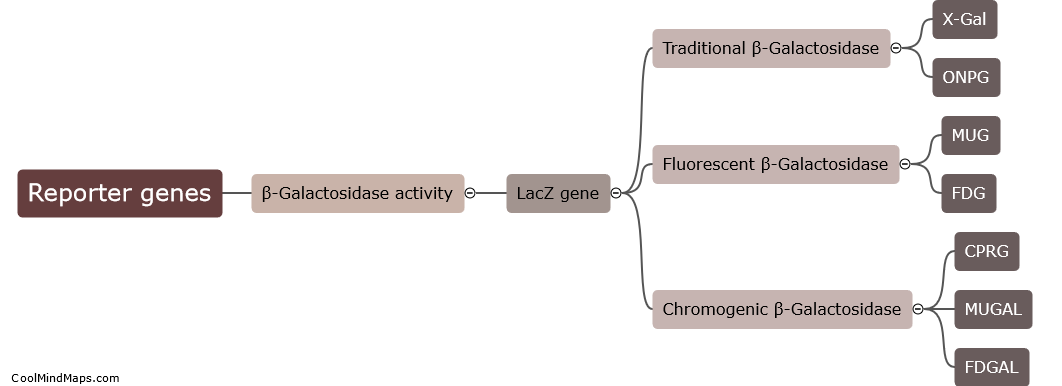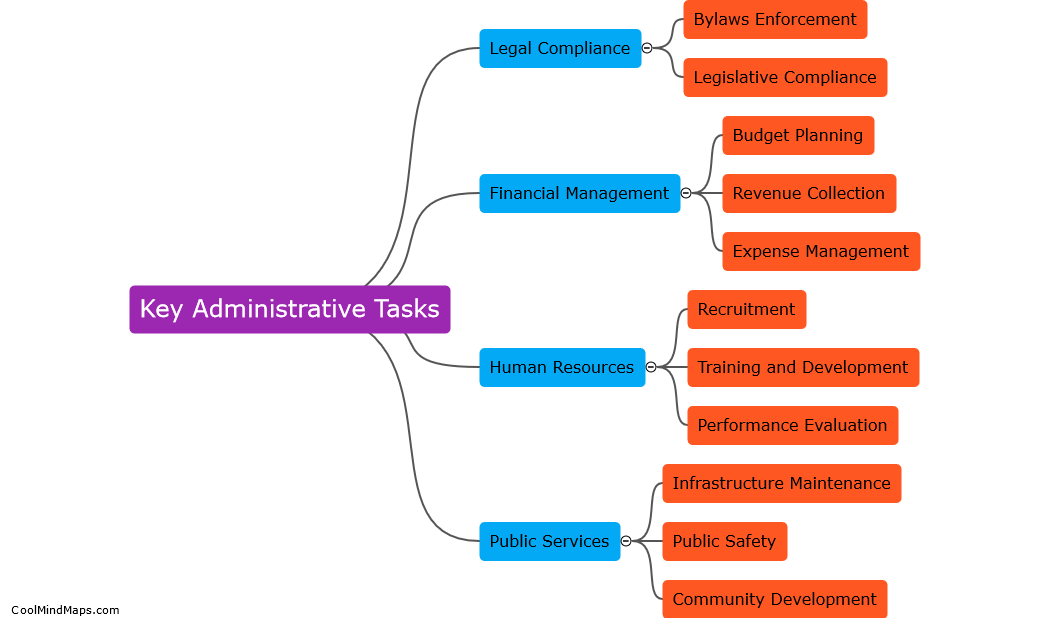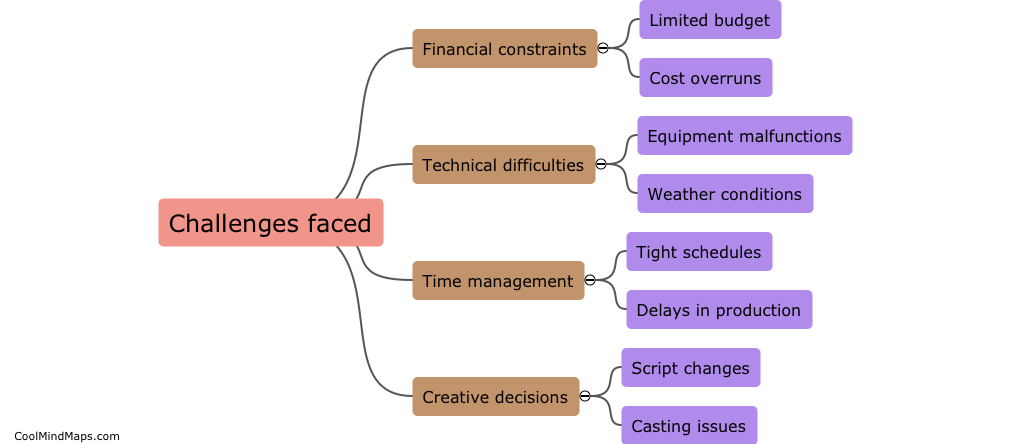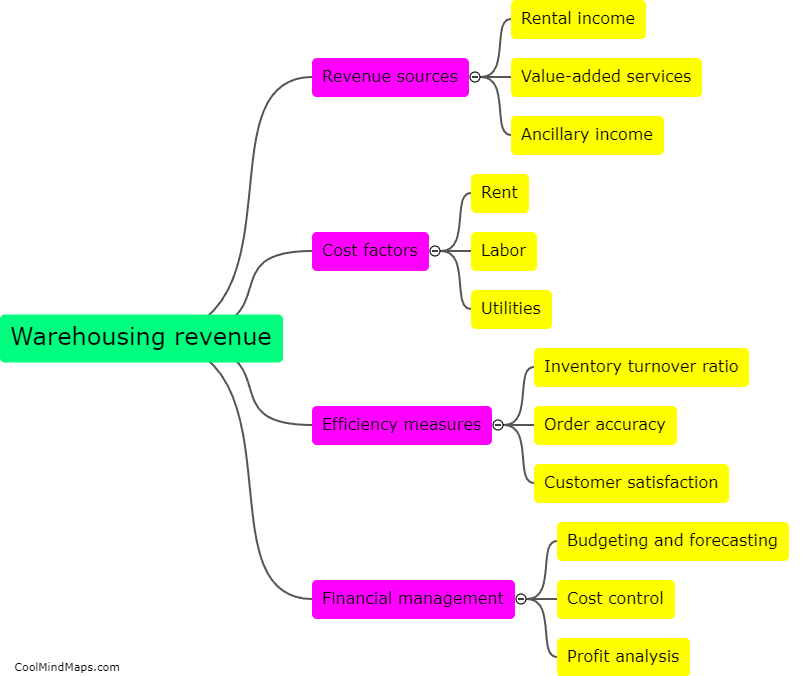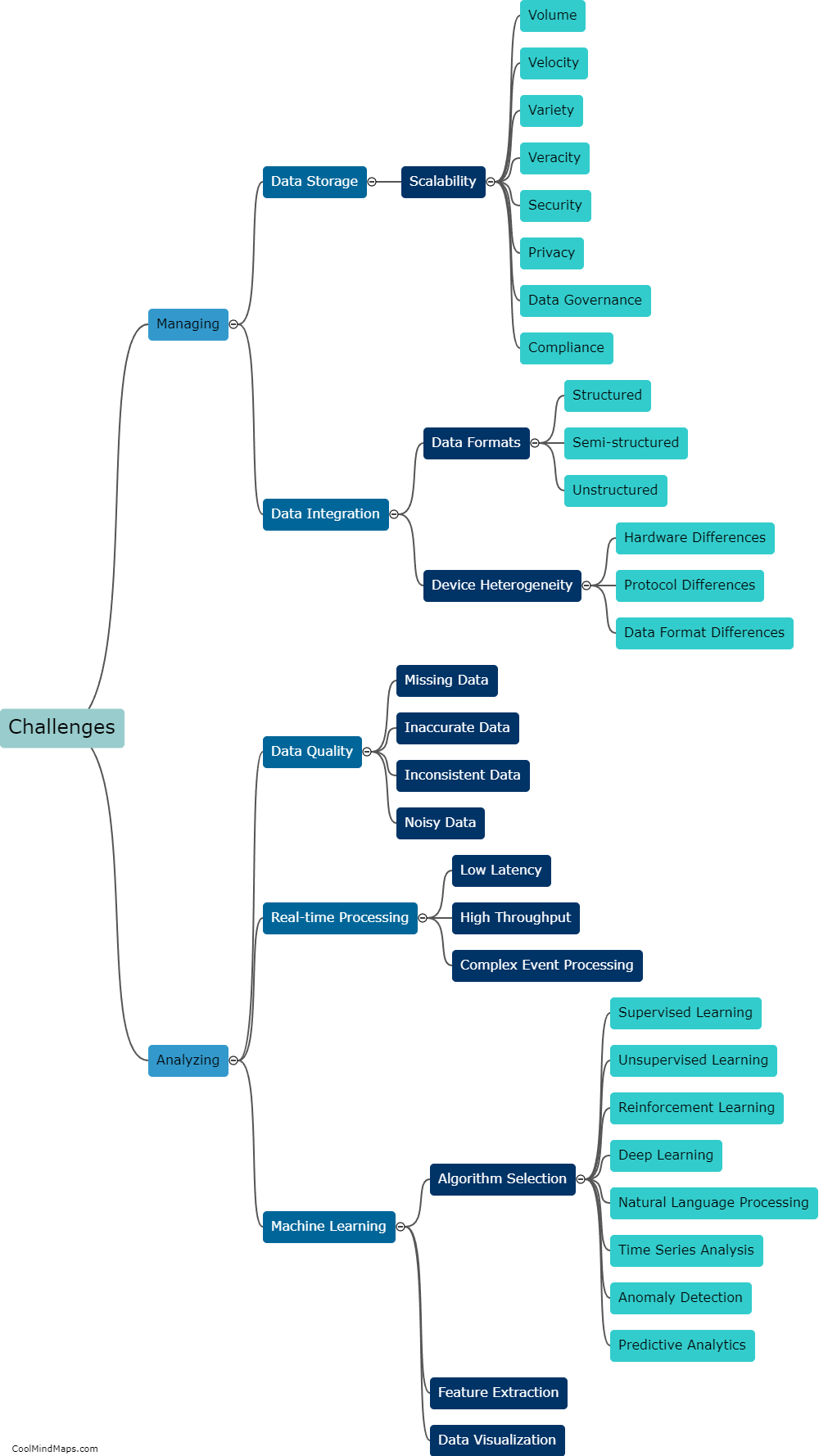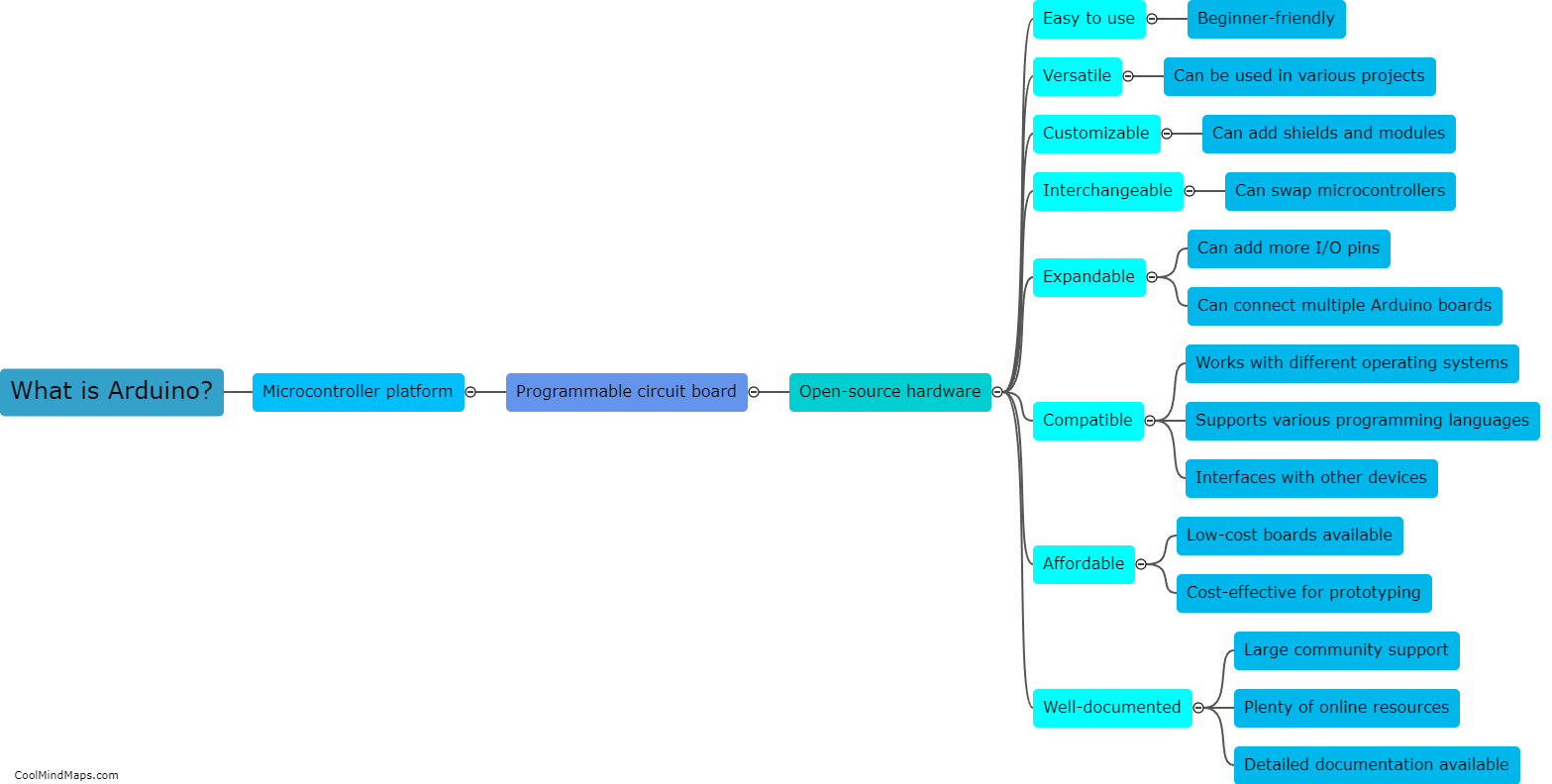How can sustainable management of water and sanitation be ensured for all?
Ensuring sustainable management of water and sanitation for all is a crucial global challenge that requires a multifaceted approach. First and foremost, governments and policymakers must prioritize investments in water infrastructure, including the establishment of reliable and efficient water supply systems and adequate sanitation facilities. This includes improving access to clean drinking water and proper sanitation, especially in marginalized and rural areas. Additionally, promoting awareness and education regarding water conservation and hygiene practices is essential to foster behavioral change among individuals and communities. Encouraging partnerships between governments, NGOs, and private sectors can facilitate the sharing of resources, expertise, and innovative technologies to address water and sanitation issues effectively. Moreover, sustainable water management necessitates the implementation of appropriate regulations and policies, such as water pricing mechanisms, to ensure equitable and responsible use of resources. Lastly, addressing climate change and its impact on water availability requires adopting resilient measures like water harvesting, wastewater treatment, and integrated water resource management. By combining these strategies, it is possible to achieve sustainable water and sanitation management for all, thereby improving overall health, mitigating poverty, and achieving environmental sustainability.

This mind map was published on 7 July 2023 and has been viewed 190 times.
